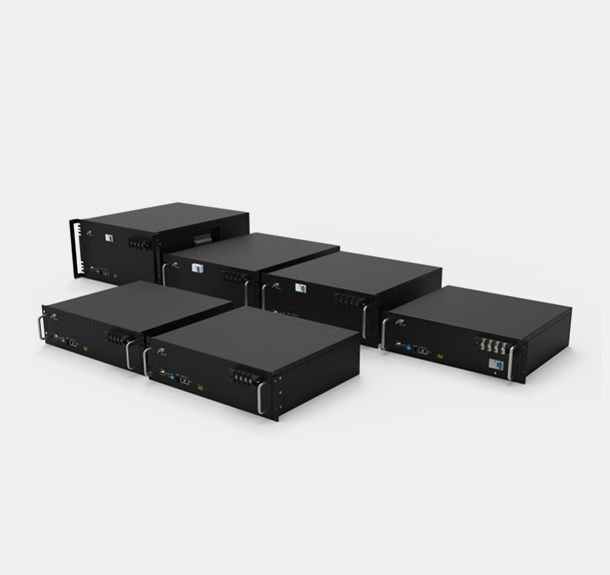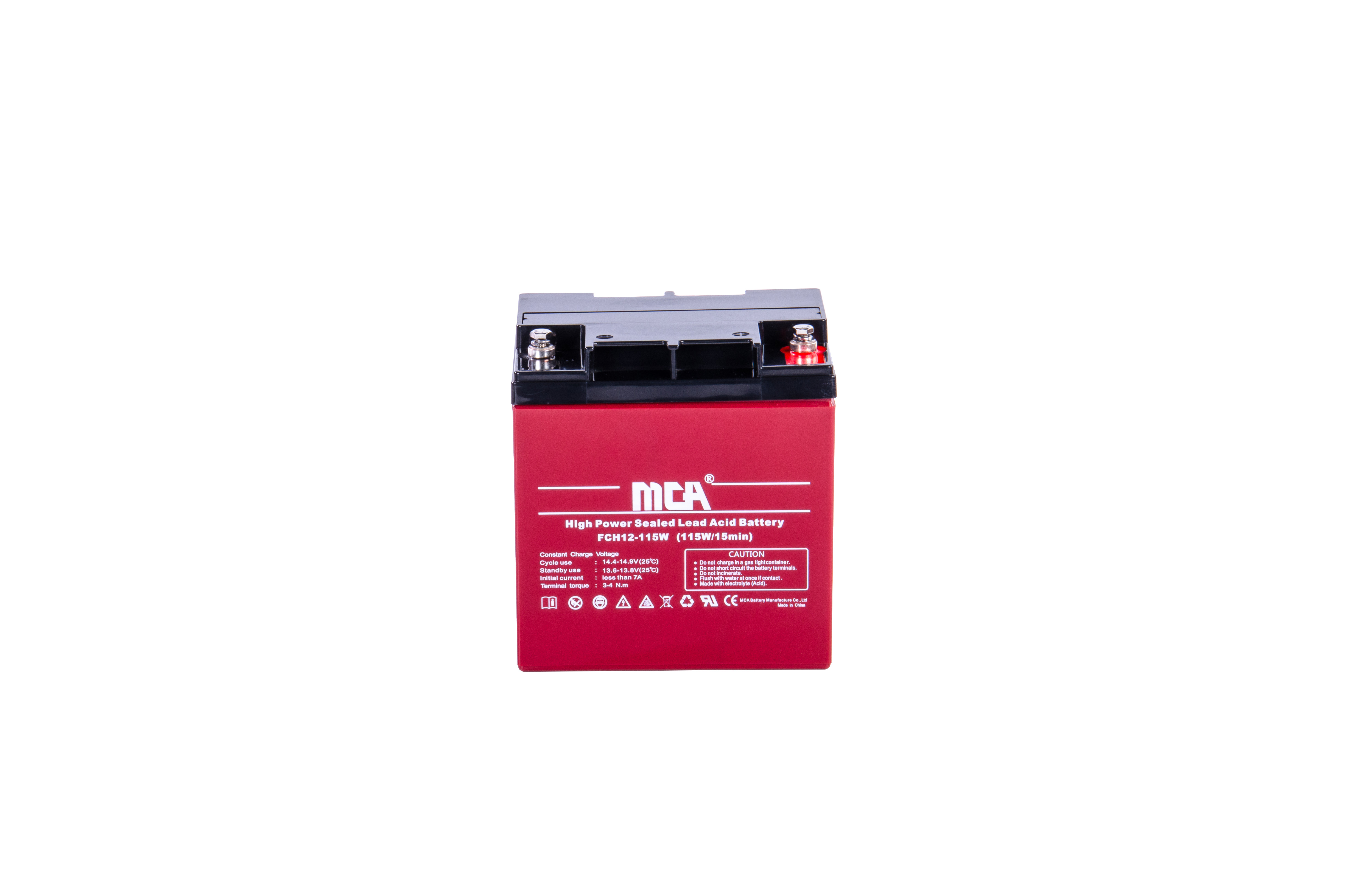05
2025
-
11
Unlocking the Future: Understanding Generation Lithium Batteries
As the world shifts towards sustainable energy solutions, Generation Lithium Batteries have emerged as a cornerstone technology in the electric vehicle (EV) market and renewable energy storage systems. Unlike their predecessors, these advanced lithium batteries, often referred to as next-generation batteries, incorporate novel materials and chemistries that enhance performance and longevity.
One of the defining characteristics of Generation Lithium Batteries is their increased energy density. This improvement allows for smaller, lighter battery packs without compromising power output, which is particularly advantageous for electric vehicles. With ongoing research focused on optimizing lithium-ion technology, manufacturers are exploring alternatives like lithium-sulfur and lithium-air batteries that promise even greater energy capacities and lower costs.
Another significant aspect is the enhanced cycle life of these batteries. Generation Lithium Batteries are designed to withstand more charge-discharge cycles before significant capacity degradation occurs. This longevity translates into lower maintenance costs and increased reliability for consumers and businesses alike, making them an attractive option for applications ranging from consumer electronics to grid energy storage.
Safety remains a top priority in battery technology. Next-generation lithium batteries are being engineered with advanced safety features to mitigate risks associated with overheating and thermal runaway. Incorporating solid-state electrolytes is one promising approach, as these materials can reduce flammability while improving overall battery efficiency.
The environmental impact of lithium battery production and disposal is also a critical consideration. As demand continues to rise, researchers are investigating sustainable methods for sourcing lithium and recycling used batteries. Innovations in this area are expected to reduce the carbon footprint of battery production and improve the circularity of battery materials, contributing to greener technology solutions.
Looking ahead, Generation Lithium Batteries hold the potential to revolutionize not only the automotive industry but also renewable energy systems, portable electronics, and even aerospace applications. As advancements continue, professionals in the electrical and electronics sectors must stay informed about these developments to leverage the benefits of next-generation battery technology effectively.
In summary, Generation Lithium Batteries are paving the way for a more sustainable and efficient energy future. Understanding their features and implications is essential for stakeholders in the battery, charger, and energy sectors to remain competitive and innovative in a rapidly evolving marketplace.
One of the defining characteristics of Generation Lithium Batteries is their increased energy density. This improvement allows for smaller, lighter battery packs without compromising power output, which is particularly advantageous for electric vehicles. With ongoing research focused on optimizing lithium-ion technology, manufacturers are exploring alternatives like lithium-sulfur and lithium-air batteries that promise even greater energy capacities and lower costs.
Another significant aspect is the enhanced cycle life of these batteries. Generation Lithium Batteries are designed to withstand more charge-discharge cycles before significant capacity degradation occurs. This longevity translates into lower maintenance costs and increased reliability for consumers and businesses alike, making them an attractive option for applications ranging from consumer electronics to grid energy storage.
Safety remains a top priority in battery technology. Next-generation lithium batteries are being engineered with advanced safety features to mitigate risks associated with overheating and thermal runaway. Incorporating solid-state electrolytes is one promising approach, as these materials can reduce flammability while improving overall battery efficiency.
The environmental impact of lithium battery production and disposal is also a critical consideration. As demand continues to rise, researchers are investigating sustainable methods for sourcing lithium and recycling used batteries. Innovations in this area are expected to reduce the carbon footprint of battery production and improve the circularity of battery materials, contributing to greener technology solutions.
Looking ahead, Generation Lithium Batteries hold the potential to revolutionize not only the automotive industry but also renewable energy systems, portable electronics, and even aerospace applications. As advancements continue, professionals in the electrical and electronics sectors must stay informed about these developments to leverage the benefits of next-generation battery technology effectively.
In summary, Generation Lithium Batteries are paving the way for a more sustainable and efficient energy future. Understanding their features and implications is essential for stakeholders in the battery, charger, and energy sectors to remain competitive and innovative in a rapidly evolving marketplace.
Relevant News









